Revisiting Palestine: Political volatility created by British

Britain has a history of conquering lands and uprooting lives of millions, the ripples of which can still be felt. Palestine is yet another victim of such devastation. The article aims to analyze the thread of events that led to deadly wars between Israel and Palestine, triggered by the British administration’s mishandling of the situation.
The historical context
When the British conquered Palestine in 1917 from the Ottoman Empire, it signed several conflicting declarations and treaties to win the support of different sections of the population. Initiatives like Husayn-McMahon Correspondence (1915-1916), the Sykes-Picot Agreement (1916), and the Balfour Declaration (1917) are a case in point here. Through these endeavors, the British government committed to forming a “national homeland” for the Jewish population, which was less than 10% at that time, in the land originally inhabited by Arabs. The irony of the situation is that the natives were not even consulted, let alone have an agreement that would alter their lives forever.
This was just the start of a series of instances of neglect and ignorance that lay ahead of Palestinian Arabs. In the words of Palestinian-American academician Edward Said, the decision “made by a European power … about a non-European territory … is a flat disregard of both the presence and wishes of the native majority resident in that territory”. Earlier drafts of the document used the phrase “the reconstitution of Palestine as a Jewish State”, but that was later changed. In a meeting with Zionist leader Chaim Weizmann in 1922, Arthur Balfour and then British Prime Minister David Lloyd George said the Balfour Declaration “always meant an eventual Jewish state”. The future had already been written for Palestine by its conquerors.
Hegemon’s highhandedness
This future turned a blind eye towards the needs and demands of Palestinian Arabs. British colonialism has been justified on the grounds of colonies not being able to rule themselves. How would the British justify their action that has traumatized Palestinians at its very core, when its territory is shrunk to less than half of earlier? Many say that the British themselves were Zionists. Moreover, the Zionist group had a lot of influence back home in Britain and had strong ties with the government.
Many claim that this step taken by the British was colored by their selfish needs of gaining the support of Jews in the League to establish influence over Suez and open routes with India. British Colonialism, backed by capitalist motives, ripped Palestinian Arabs off their land, which was given to Jews without their consent. In my opinion, Britain owes an apology to Palestinian Arabs for uprooting their lives, snatching away their land, and making their lives miserable.
The tussle
A constant struggle was seen between native Arabs, who, with time, grew two-fold and the Jews, who grew ten-fold. Throughout the 1920s and 1930s, the two religious communities were pitted against one another. The events of 1929, known as the Wailing Wall Riots, which led to the death of approximately 133 Jews and 116 Arabs, are considered a turning point in the history of the conflict between the two communities. The incident was not a religious disagreement of the holy site, Wailing Wall. Instead, it was something more than that. As said by an American who had just returned from Palestine, S. A. Haboush, “…no Moslem objected to the spiritual affairs of the Jews, but emphasized that the seizing of political power has angered them.” He also said that the Jews are given privileges “…that are out of proportion to their number…” This chaos was a result of the ambiguity in the British administration.
The British appointed Shaw Commission that led to a review of Jewish immigration and land acquisition. This marked a shift from the Balfour Declaration and the Zionist Movement. The Great Arab Revolt of 1936 took place as a reaction to the large-scale Jewish immigration, which was escaping the atrocities of Hitler, led to massive killings on both sides, approx 415 Jewish deaths and 5000 Arabs deaths were noted.
Opportunistic policy
A Royal Commission of Inquiry headed by William Peel, 1st Earl Peel (1867-1937) was established in 1937, which stated that the region comprised of two distinct communities with irreconcilable political demands. It recommended the division of Palestine into an Arab state and Jewish state. Woodhead Commission opined the recommendations as impractical. The revolt continued until the British formulated the White Papers of 1939, which declared that it was not a part of the British policy to make Palestine a Jewish State. British contradicted its mandate, and the promises made to Jews proved to be false. It rejected the partition and restricted Jewish immigration to Palestine and land acquisition. Once siding with Jews, the other moment siding with Arabs shows how inconsistent and opportunistic their role as colonial masters have been.
The situation only aggravated at the face of the Holocaust that led to the mass exodus of Jews from Europe. With constant pressure from the then US President Truman to admit Jews in Palestine, British couldn’t handle the severity of the situation and finally handed over to UN the fate of almost 1,846,000 people, with 1,203,000 Arabs (65 percent) and 608,000 Jews (33 percent)[As of 1946, data revealed by United Nations Special Committee on Palestine]. Unable to handle the mess it had created, with two religious groups killing, maiming, raping, and threatening each other with guns and bombs, the British decided to end its mandate in 1948.
The moments of reckoning
The Arab Higher Committee issued a statement reiterating, “The Arabs of Palestine were determined to oppose with all the means at their disposal, any scheme that provided for segregation or partition, or that would give to a minority special and preferential status.” On May 15, the General Assembly adopted Resolution 106. It established the UN Special Committee on Palestine (UNSCOP) to investigate “the question of Palestine,” to “prepare a report to the General Assembly” based upon its findings, and to “submit such proposals as it may consider appropriate for the solution of the problem of Palestine.” The UNSCOP report acknowledged that “With regard to the principle of self-determination, ….it was not applied to Palestine, obviously because of the intention to make possible the creation of the Jewish National Home there.
Actually, it may well be said that the Jewish National Home and the sui generis Mandate for Palestine run counter to that principle.” The report points towards unfair treatment meted against Arabs by the British as they were being denied their right to self-determination. However, this denial was considered to be legitimate and within the framework of solutions. The report suggested the partition of Palestine with Jewish State comprising of 55.5 % of the total area and Arab State comprising of 45.5 %.
Following the recommendation, an Ad Hoc Committee was set up by UNGA to look into the Palestinian Question. The Committee said that the UN could not “deprive the majority of the people of Palestine of their territory and transfer it to the exclusive use of a minority in the country…. The United Nations Organization has no power to create a new State. Such a decision can only be taken by the free will of the people of the territories in question. That condition is not fulfilled in the case of the majority proposal, as it involves the establishment of a Jewish State in complete disregard of the wishes and interests of the Arabs of Palestine.” The little international sympathy given to Palestinian Arabs could not spur a change, just added to their history of being walked on.
The final blow
Nonetheless, United Nations drafted a plan to partition the territory into two independent sections, one being a Jewish State with 53% of land and the other being an Arab State with 47% of the share. At the same time, Jerusalem was being designated as an internationalized territory (Resolution 181). This proposal was rejected by Arabs owing to its unfair and biased nature. The proposal was, however, acceptable to Jews. Jewish paramilitary groups spearheaded by Jewish Agency involved members who were trained alongside the British army and helped them in the Second World War. With access to resources and experience in hand, Jews defeated Arabs. They formed the state of Israel by force in 1948, which led to a deadly war between Arabs and Jews in the region, with Arabs being supported by Arab neighbors — Egypt, Iraq, Lebanon, Syria, and Jordan. This was the first Arab-Israeli war.
A consequence of war is the refugee crisis that followed the war. Around 7 million Palestinians were expelled and had to take refuge in their neighboring states. They were thrown out of the land, which they, for ages, considered their home. As Chris Hedges points out in his paper, Mideast Accord: Refugees; Palestinians’ Reactions: Anger, Doubt and Hope, “Many of the 1948 refugees, who still carry keys to homes they have not seen in more than four decades, denounced the agreement as a betrayal, saying it meant that they would never return home.” Palestinians call this mass eviction the Nakba — Arabic for “catastrophe” — and its legacy remains one of the most intractable issues in ongoing peace negotiations. This war left a long-lasting impact on the lives of hundreds and thousands of Arabs and that of generations to come. Within minutes they were labeled ‘illegal’. The Jews now occupied more 78% of the territory, including a larger part of Jerusalem. Meanwhile, the West Bank and East Jerusalem came under Jordan’s rule while West Jerusalem under Israel. The Gaza Strip was under Egyptian military rule after the 1948 war.
Perpetual exclusion of Palestine
The land once inhabited by Arabs was broken into pieces, with each piece being ruled by a different leader without permission of those getting most affected by it. Palestinians were forced to flee their own homes, leave their family members, and live in refugee camps as illegal immigrants. Little did they know that this was just the beginning. The Six-Day War, which took place in 1967, was yet another blow up in their faces. The biggest loss for Arabs was Jerusalem being made a part of Israel. Five million Jewish Israelis were moved to West Bank and East Jerusalem by the Israeli government in settlement. Data has revealed the existence of more than 150 such settlements. West Bank and Gaza Strip are two areas that are always at war. The Israeli occupation has proved to be fatal for Palestinian Arabs who are not even allowed to build homes, are hurdled with fire and guns when they demand their rights, and have restricted access to basic amenities.
In Jerusalem, a 60-year old Palestinian Bakery run by Abu Siena was forced to shut down by Israeli police on account of health standards. However, the real reason is that the bakery sold ka’ak to worshippers on their way to Al-Aqsa Mosque. The Israeli government relentlessly continues to make it a point to make a life for Palestinian Arabs unbearable to get rid of them. The constant presence of the military in Jerusalem aggravated the fear and uncertainty that have been part and parcel of their daily lives ever since Britain conquered Palestine and left it open for everyone except its own people’s speculation.
Featured Image Credits: Wikimedia
Views are author’s personal


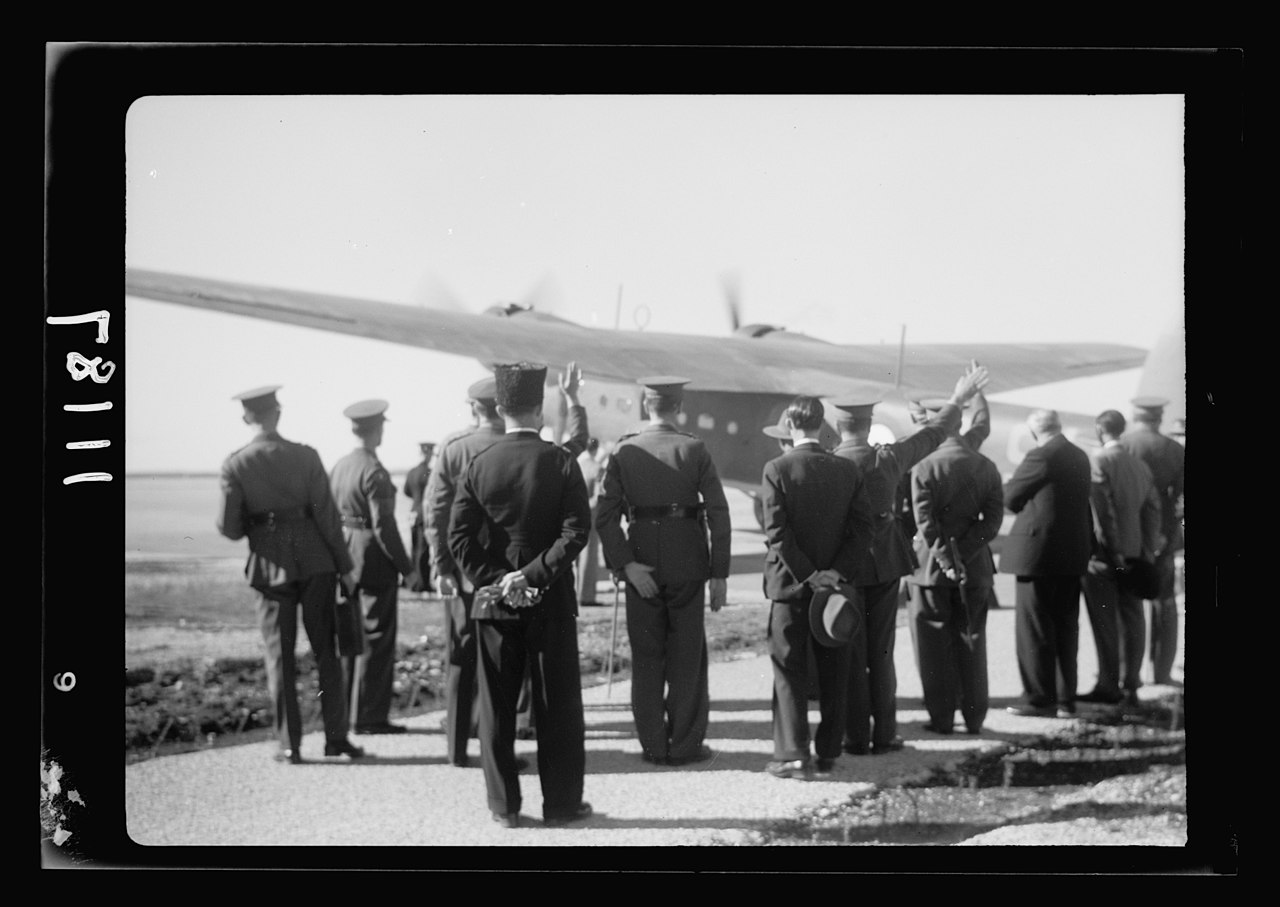
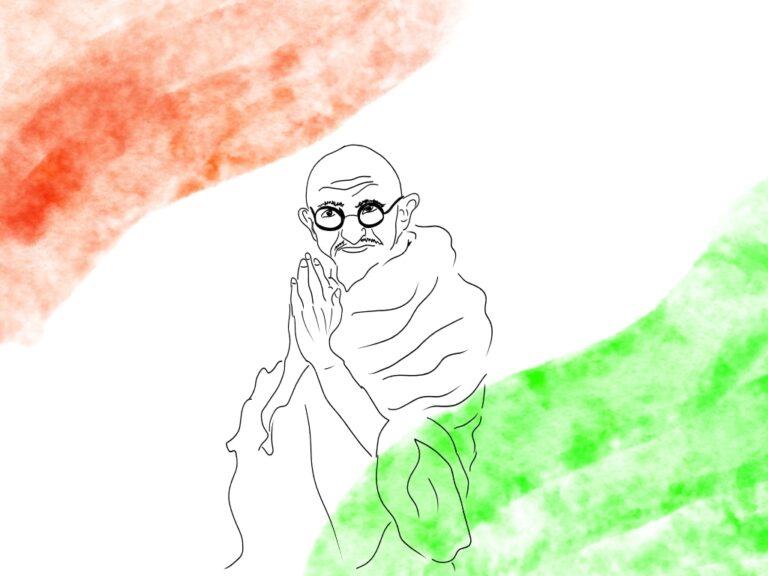
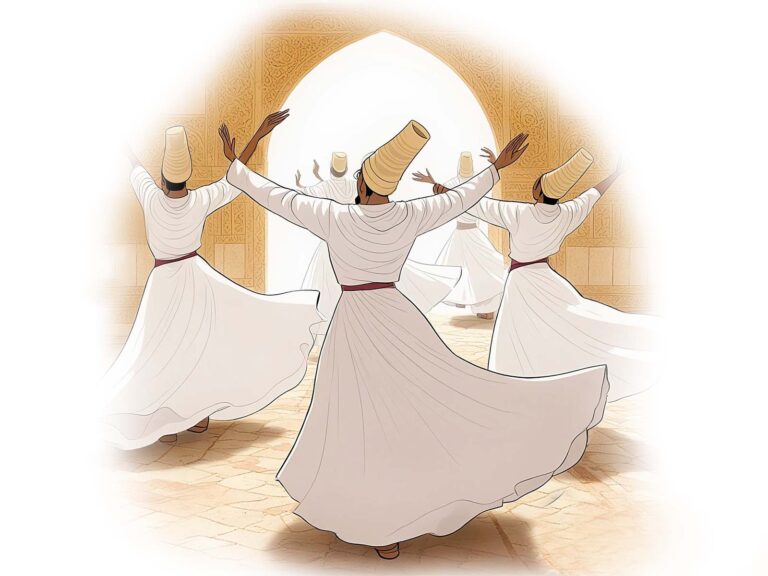


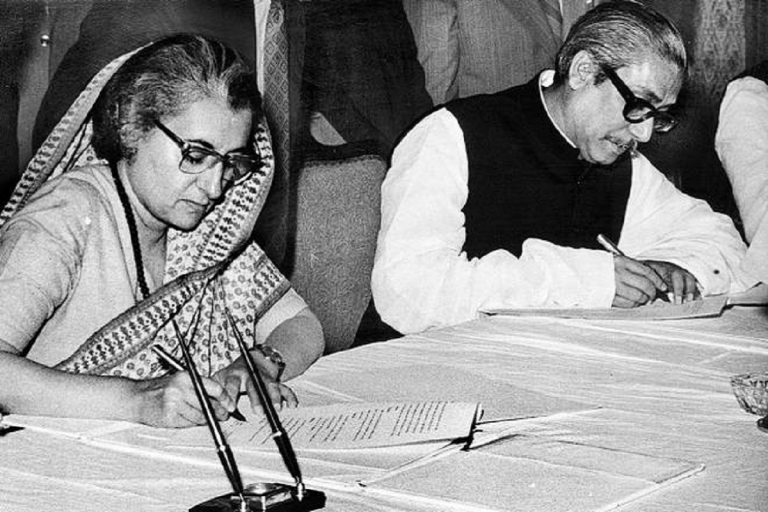
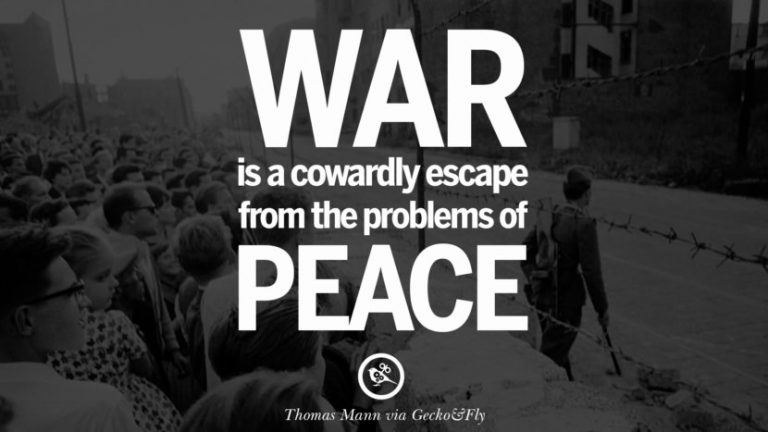
So good to read this .. .
Thaank youu
Good
Thank you!